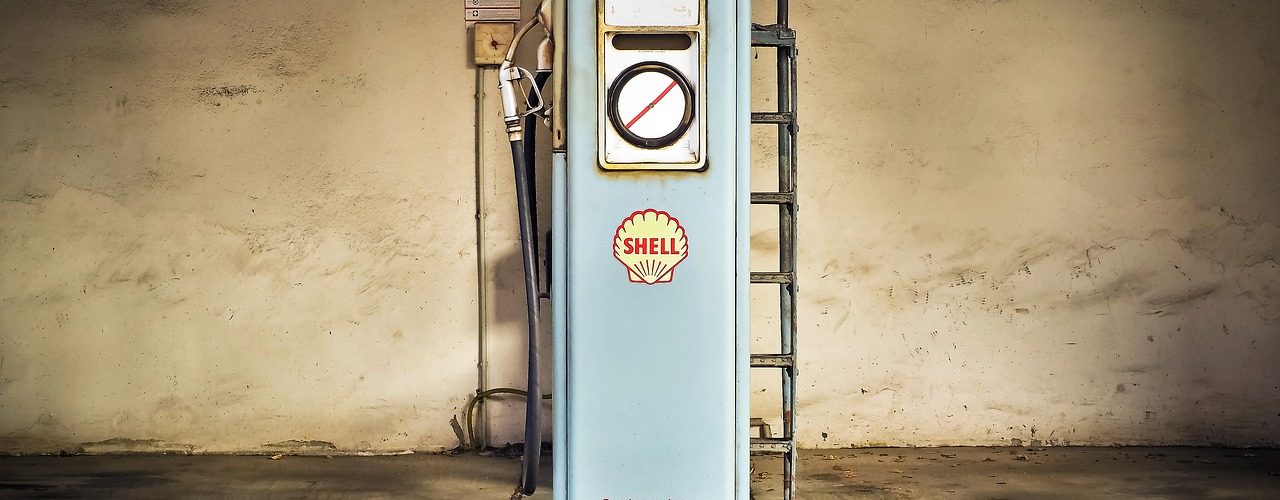The ECJ received questions from the Czech Court in Case C-401/18 (Herst), regarding the intra-EU transport of excise goods and how to determine when and where the power to dispose of the goods as owner is transferred.
Simplified facts:
- Herst, a Czech company, was active, inter alia, in road transport and owned several service stations. She transported fuel from other EU Member States to the Czech Republic with her own vehicles.
- During transport, the ownership of the goods was transferred between different entities, creating a chain of transactions between taxpayers.
- In many cases, the Czech company did not only transport the goods, but eventually also became the owner of the goods at the end of the supply chain. In this respect it must be noted that the Czech company purchased the goods from other Czech established companies. The Czech suppliers charged Czech VAT on those transactions.
In practice, the Czech company placed an order with the Czech suppliers, agreeing on the terminal from which it would purchase the goods, the date and, where appropriate, the time of loading of the goods, the name of the driver, the registration number of the vehicle and the trailer, the required amount of fuel and the unloading area.
After payment of the advance payment invoice, the Czech company was entitled to collect the goods from the suppliers. She picked-up the fuel directly at refineries in other Member States and subsequently drove to Czech Republic, where the fuel was customs cleared, excise duties were paid and the goods were brought in ‘free circulation. The fuel was than delivered at its own petrol stations or the service stations of its customers.
- During a tax inspection, the tax authorities denied the deduction of the VAT charged by Czech suppliers. They argued that the taxable supplies had not taken place in Czech Republic, but in the EU country where the transport had started.
- Since the Czech company itself had loaded the goods acquired in other Member States and transported them to the Czech Republic at its own expense to carry out its economic activity, the tax authorities took the view that the place of the supply of goods between Czech suppliers and the Czech company was not in Czech Republic, and thus the VAT was wrongly charged (and thus not deductible).
- The Czech company argued that the transactions took place in Czech Republic, after they had been transported and released from the customs/excise regime.
The question is if and where the (economic) ownership of the fuel transferred to the Czech company (that is to say where and when the Czech company obtained the power to dispose of the goods as an owner): in the Czech Republic or in other Member States?
Preliminary questions (summarized):
(Note: The questions are quite difficult to read and understand – The AG or ECJ may well combine them or simplify them when dealing with this case.)
Is “the power to dispose of the goods as an owner” obtained by a taxpayer who purchases goods directly from another taxpayer on behalf of a particular customer in order to purchase an already existing order, whereby he does not treat the goods physically himself, as his customer agrees to transport the goods from the place of origin, so that the taxpayer will only provide access to the requested goods through his suppliers and provide the information necessary for the acceptance of the goods (for his own account or on behalf of his sub-suppliers in the chain), and his profit from the transaction consists of the difference between the purchase price and the selling price of those goods without the costs for freight transport being billed in the chain?
In the assessment of a supply associated with transport within a chain of deliveries of goods under a duty suspension arrangement with a single transport, where is a transport within the meaning of the VAT Directive deemed to start and end?
Source: MinBUZA (Dutch)














